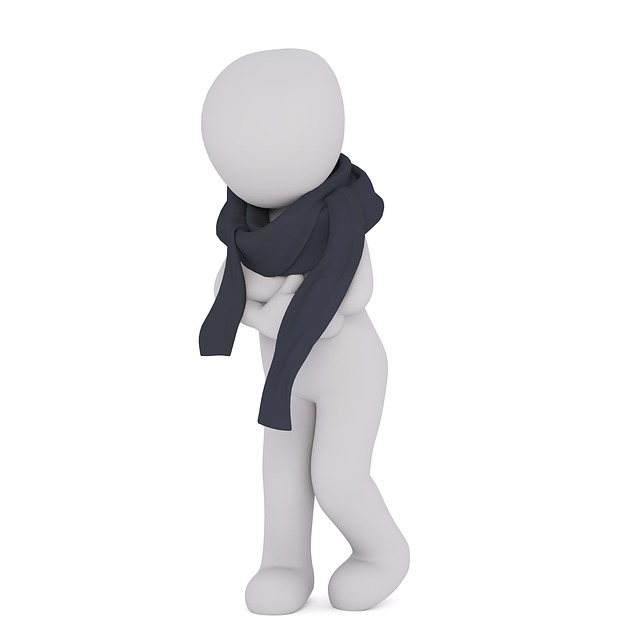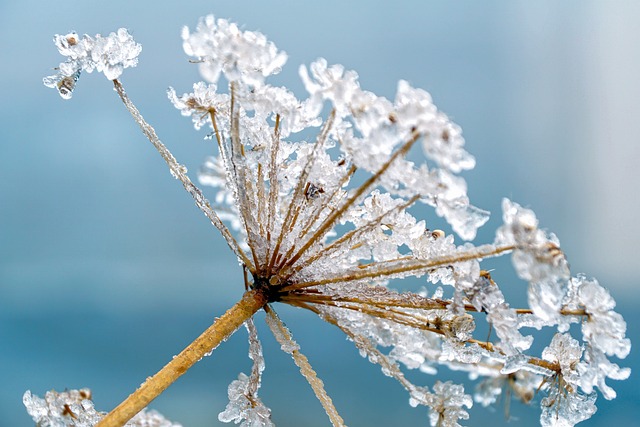Space heaters are versatile solutions for areas prone to extreme cold, offering both convenience and cost savings during winters. Electric heaters are energy-efficient for smaller spaces, while propane heaters are powerful for larger areas or outdoor settings. Choosing the right heater involves considering portability, fuel efficiency, and safety. Following winter plumbing tips, such as insulating exterior pipes, maintaining even heat distribution, and regularly assessing heater functionality, prevents pipe freezing and prolongs heater lifespan. Prioritizing safety by placing heaters on level, fire-resistant surfaces, maintaining clean filters, and inspecting for damage before each use, ensures a cozy environment while minimizing risks.
In cold areas, space heaters offer a cozy solution to combat freezing temperatures. This article guides you through the process of selecting and using space heaters efficiently while ensuring safety. We’ll explore the benefits and types suitable for your home, helping you stay warm this winter. Additionally, we provide essential winter plumbing considerations and practical tips to maintain efficient operation. By following these recommendations, you can make informed decisions to keep your living spaces comfortable without compromising safety.
- Understanding Space Heaters: Benefits and Types for Cold Areas
- Selecting the Right Space Heater for Your Home
- Winter Plumbing Considerations When Using Space Heaters
- Safety Tips for Efficient and Secure Space Heater Operation
Understanding Space Heaters: Benefits and Types for Cold Areas
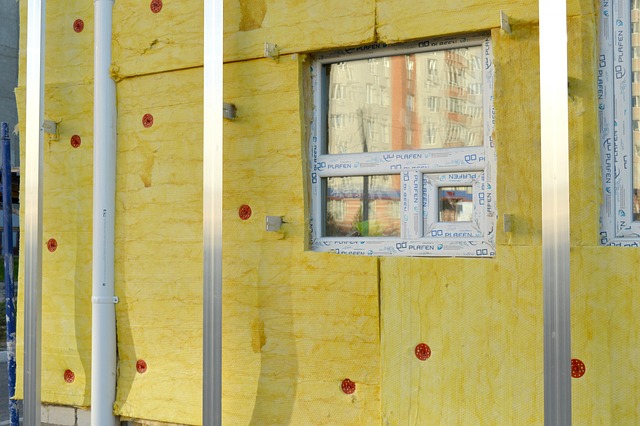
Space heaters are a versatile solution for areas prone to extreme cold, offering both convenience and cost-effectiveness during winters. Understanding their benefits and various types can help homeowners make informed decisions when it comes to staying warm and cozy. One of the key advantages is their ability to supplement central heating systems, providing targeted heat in specific rooms or spaces that tend to get colder than others.
There are several types of space heaters available, each with unique features tailored for different needs. Electric heaters, for instance, are popular due to their ease of use and energy efficiency, making them ideal for smaller spaces. On the other hand, propane space heaters offer a more powerful heat output and are suitable for larger areas or outdoor settings, especially in regions where natural gas lines may not be accessible. Additionally, considering factors like portability, fuel efficiency, and safety features can further guide users toward choosing the best space heater for their cold-area requirements, ensuring comfortable winter plumbing tips without compromising on comfort.
Selecting the Right Space Heater for Your Home

When it comes to keeping your home cozy during chilly winters, choosing the right space heater is essential for efficient and safe heating. Consider factors like the size of the area you want to heat and the type of fuel source that suits your needs and preferences. Electric heaters are popular choices due to their ease of use and energy efficiency, especially in areas with reliable electrical connections. These heaters come in various designs, from compact personal fans to larger models suitable for spacious rooms.
For those seeking alternative options, propane space heaters offer a convenient solution, allowing you to enjoy warmth even in remote locations without access to electricity. When selecting a space heater, ensure it’s rated for your climate and designed for safety, especially if children or pets are around. Following winter plumbing tips, such as maintaining proper ventilation and keeping heaters away from flammable materials, will help create a comfortable environment while avoiding potential hazards.
Winter Plumbing Considerations When Using Space Heaters
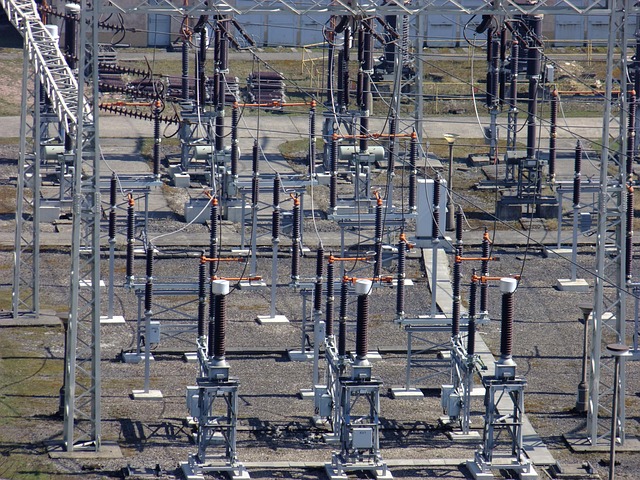
When using space heaters during cold seasons, it’s essential to consider certain winter plumbing tips to prevent potential issues. One primary concern is the prevention of pipe freezing. Space heaters can quickly raise indoor temperatures, but external pipes might still be exposed to sub-zero temperatures. To avoid burst pipes, insulate these exterior lines and ensure adequate heat circulation throughout your space.
Regular maintenance is another crucial winter plumbing tip. Check for any leaks or damage to pipes and heaters before turning them on for the season. Drain water from pipes that may collect in sinks, toilets, or appliances to prevent freezing and potential water damage. Additionally, keep an eye on your heater’s functionality, as prolonged use can lead to wear and tear, necessitating professional repairs or replacements.
Safety Tips for Efficient and Secure Space Heater Operation
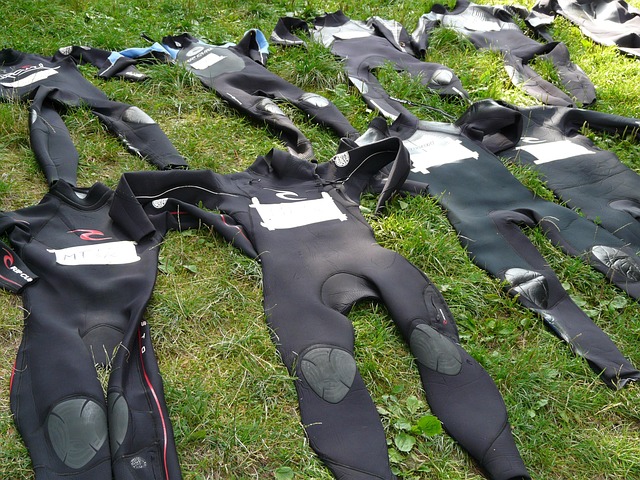
When using space heaters in cold areas, safety should be your top priority. Here are some essential tips to ensure efficient and secure operation:
First, always place space heaters on level, fire-resistant surfaces away from flammable materials like curtains or furniture. Keep a safe distance between the heater and any objects that could catch fire. Regularly clean or replace filters as per manufacturer instructions to maintain optimal performance and prevent the buildup of dust and debris. Additionally, never leave a space heater unattended, especially when children or pets are around. It’s crucial to check the heater’s condition before each use; inspect for any signs of damage or malfunction, such as frayed wires or unusual noises.
Winter plumbing tips include understanding the heater’s water supply requirements and ensuring proper drainage. Avoid overloading electrical outlets with multiple heaters, as it can lead to circuit overload and potential hazards. Remember to unplug and store space heaters away from moisture when not in use. By following these safety measures, you can create a cozy environment while minimizing risks associated with space heater operation during the cold months.





